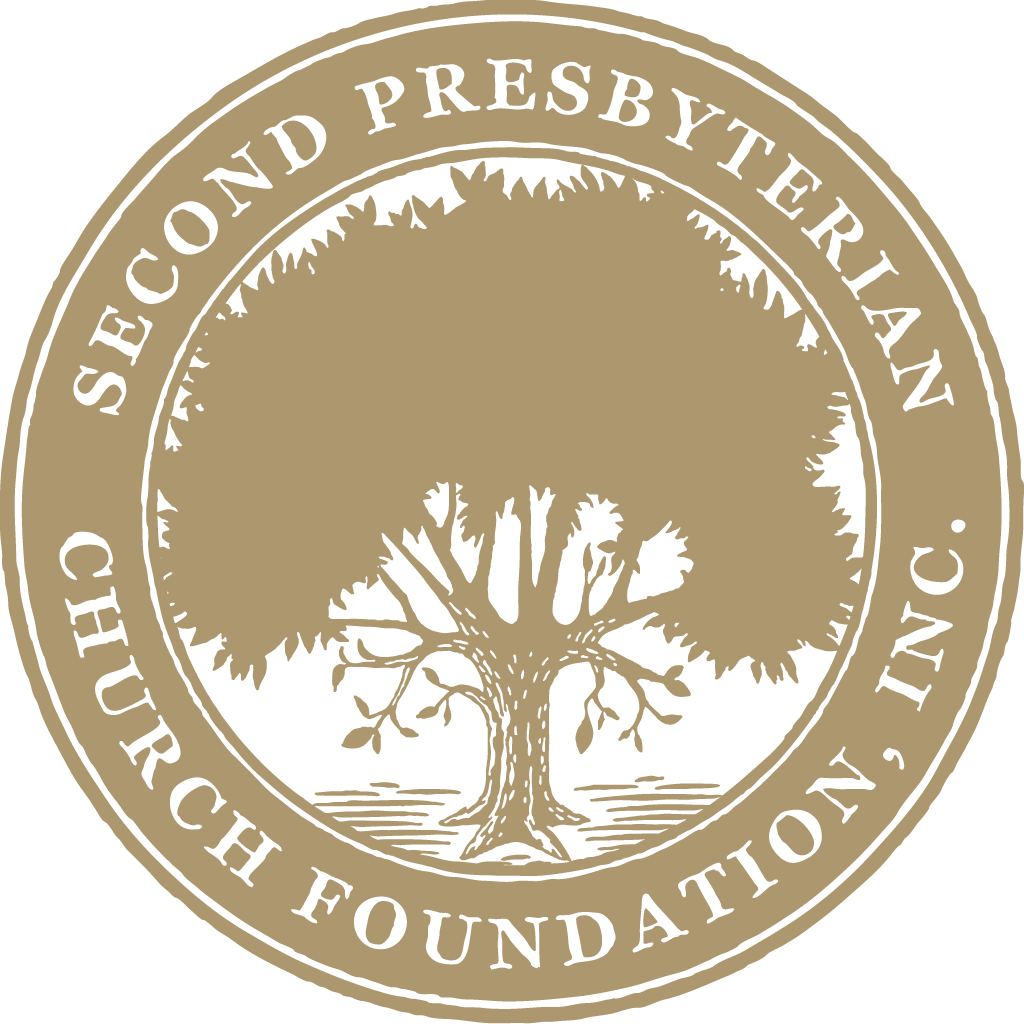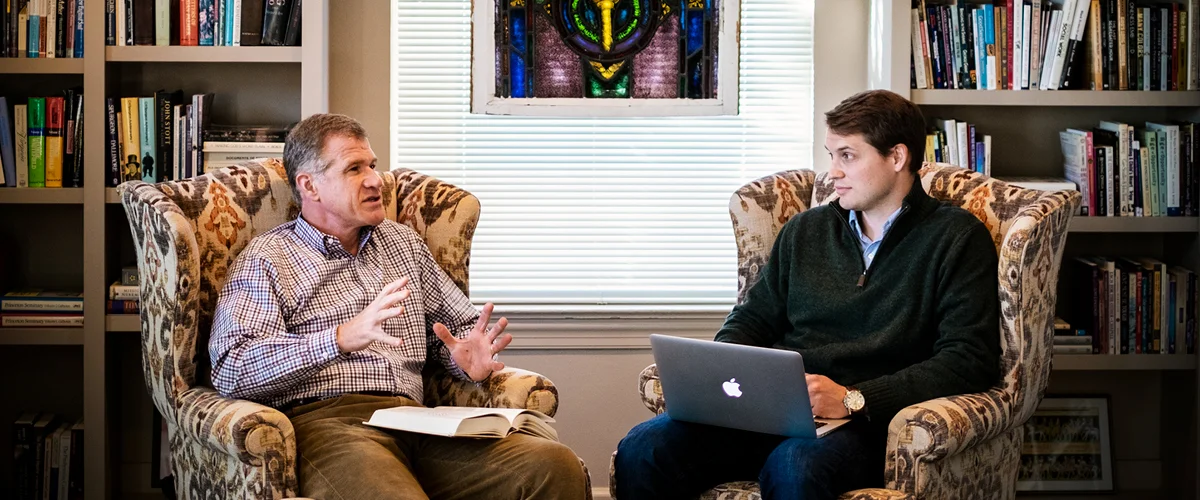Where does one go to learn to be a pastor? Seminary is the obvious answer and undoubtedly the main ingredient in the preparation of a pastor. In fact, our church and Foundation have supported 132 seminarians since the early 1960s.
However another key ingredient is immersion in the local church. The result is the production of a well-qualified and trained candidate for pastoral ministry.
The Foundation, through the assistance of the Charlie Gillespie Fund, has trained ten such individuals. Mr. Charlie, as he was referred to and for whom the fund is named, served our church as a long time elder beginning in 1924, as a teacher and an author, as well as a Moderator of the General Assembly. Prior to 1917 he organized the first Boy Scout Troup at Second and became its Scoutmaster. He died in the late 1970s.
A Lily Foundation study done some time ago showed that one-third of all seminary graduates left the ministry within five years; one-third continued but were extremely unhappy; and one-third were happy in their calling. However, the majority of the participants of our church’s intensive program that allows ministry immersion on a daily basis have expressed satisfaction in their respective ministries and are making significant contributions to the Kingdom. The training and preparation for ministry they have received additionally enables them to serve as good mentors to the next generation.
Over $419,000 has been invested in the training of these individuals from a combination of the Gillespie Fund and the Undesignated Fund.
The Impact of the Pastoral Residency Program
Chuck Jacob, former assistant pastor at Second, served as a pastoral intern for one year beginning in 1998. Based on the success of that internship, the Pastoral Internship Program (now Pastoral Residency Program – PRP) officially began in 1999, in order to prepare seminarians for pastoral ministry. Over the 18-month average of the program, students complete their practical training in partnership with Second Presbyterian after completing their theological studies at a seminary. They receive church-based mentoring and instruction in practical theology and ministry, taking credit courses such as pastoral counseling, worship, preaching, missions, evangelism, and spiritual life development. Students have come to the program from four seminaries, including Reformed Theological Seminary (RTS) Jackson, RTS Orlando, Gordon-Conwell, and Covenant.
The Lord has used each PRP graduate in His work throughout the country:
Chuck Jacob: Senior Pastor at Church of the Good Shepherd, Durham, North Carolina and former Senior Pastor of Knox Presbyterian Church, Ann Arbor, Michigan
Sean Brandt: Served for seven years as a pastor in Wichita, Kansas. Currently works for FedEx Ground, to better provide for his family’s needs
David Nelson: Former Assistant Pastor in Christian education and young couples ministry at First Presbyterian Church, Stanley, North Carolina
Peter Wang: Pastor of Grace Redeemer Church, Glen Rock, New Jersey which is a plant of Redeemer Presbyterian Church, New York City, New York
Chuck Colson: Senior Pastor of Christ Church (PCA), Mandarin, Florida and former church planter and Rector of Church of the Ascension in Arlington, Virginia
Ryan McVicar: Church planter and Pastor of New City Presbyterian (PCA), Detroit, Michigan
David Stenberg: Counselor with Christian Psychological Center in Memphis and formerly Assistant Pastor at All Saints Presbyterian, Midtown Memphis, Tennessee
Barton Kimbro: Assistant Pastor at Second Presbyterian, Memphis, Tennessee
Michael Davis: Pastor at Downtown Church, Memphis, Tennessee
Josh Preston: Current resident working with Pastor George Robertson
Chuck Colson remarked on his experience. “ I learned a great deal about my strengths and weakness as an individual, the dynamics and challenges of working on a staff team, and the challenge of communicating the Bible to people in winsome and loving ways. Most importantly, I was able to develop my own ideas about what kind of pastor I wanted to be when I grew up. This was invaluable.
“The experience exposed me to the broad array of skills a pastor must possess. The congregation was patient in allowing me to develop in these different capacities, although I imagine some of it was rather painful for them! However, the greatest gifts Second gave me was the opportunity to learn about people – their struggles, hopes, failures, and dreams. In the work of a pastor, God and people are inseparable. The program allowed me to dip my toe into that great ocean of learning. It shaped me in profound ways, and subsequently bears fruit to God’s glory.”
With the combination of sound theology, practical ministry experience, and mentor relationships that PRP provides, residents have left the program prepared to serve in the pastoral roles to which they were called.
In recent years, our church has launched LAUNCH, which is also a pastoral residency program. The distinctive of LAUNCH is that participants typically take all or almost all of seminary classes online or through intensive one-week formats during the time that they reside for four years in the program. The Foundation participates by providing for their seminary expenses.



